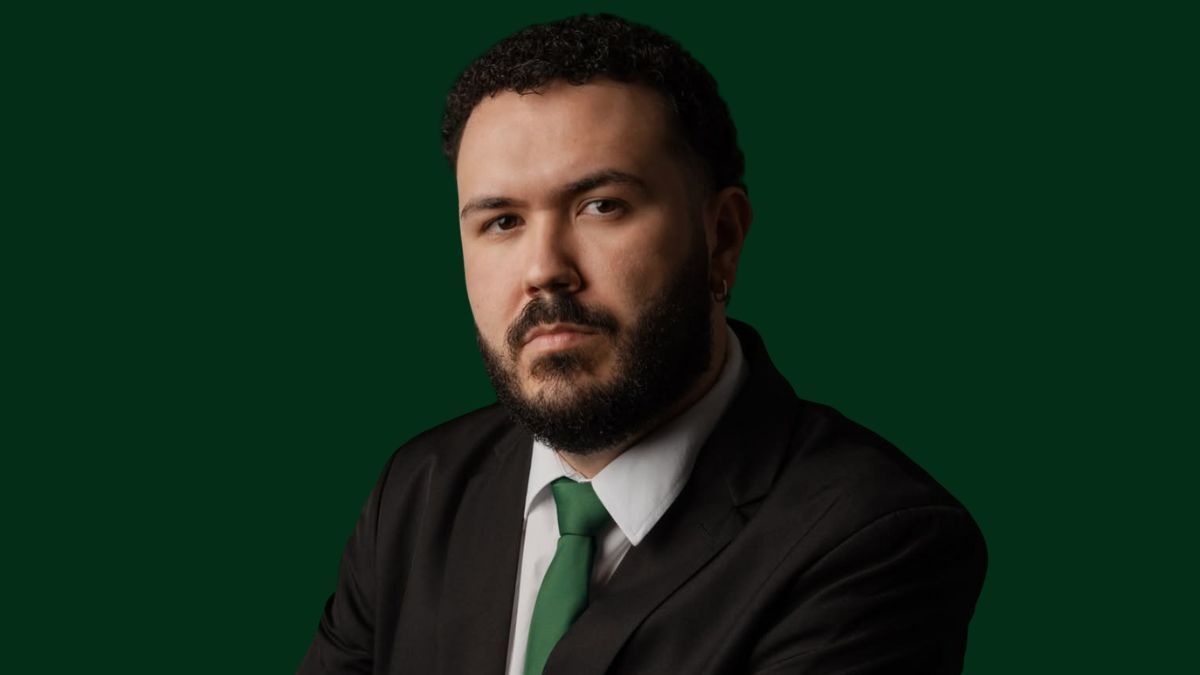Judicialization of cannabis exposes State's failure, says lawyer
According to Clayton Medeiros, access to health should not depend on habeas corpus, but on clear and inclusive public policies
Published on 08/30/2025

“When the State omits and criminalizes, it transfers to the Judiciary a responsibility that should be guaranteed by clear, inclusive, and evidence-based public policies,” says Clayton Medeiros
A habeas corpus granted by the 2nd Federal Court of Santana do Livramento (RS) authorized the entry of an Argentine patient into Brazil with Cannabis sativa-based medications for his treatment. The safe-conduct is valid from August 10 to September 10, 2025, and covers the transportation of more than 40 grams of the plant, an amount above the parameter established by the Superior Federal Court (STF).
Since the STF decision, which set the presumptive criterion at 40 grams (or six female plants) to differentiate between personal use and trafficking, judges have been analyzing individual requests involving cannabis-based medications and cases of foreigners.
The judgment has become a reference in actions regarding the possession and transportation of the plant, as in the case of the HC won by the lawyers Clayton Medeiros Bastos Silva, Ítalo Coelho de Alencar, Rebeca Siebra de Castro, Bianca do Carmo Cardial, and Victoria Clerc (Argentina).
The first case reported by Sechat Portal, where a foreigner obtained this right, occurred in January 2025 when the Argentine lawyer Juan Palomino decided to vacation in Florianópolis, Santa Catarina. A patient undergoing treatment for generalized anxiety and insomnia, he obtained authorization from the same federal court in Livramento to bring his medication during his stay.
Two months later, during Carnival, another tourist obtained a similar decision in the 8th Federal Criminal Court of Rio de Janeiro. The judge determined that the patient could not be indicted or arrested by public agents and that his medicinal products could not be seized, as long as they were covered by the court order.
Despite the growing trend in granting habeas corpus and preventive measures, ensuring the continuity of treatments for Brazilian and foreign patients, lawyer Clayton Medeiros, responsible for the case of the Argentine patient, believes that judicialization is a reflection of the absence of clear public policies.
“The fact that patients depend on habeas corpus to guarantee access to their treatment exposes the delay and violence of prohibitionism in Brazil. What is at stake here is not a moral debate about the plant, but the realization of a constitutional right. Access to health,” he said.
According to the lawyer, it is urgent for the State to take the lead. “When the State omits and criminalizes, it transfers to the Judiciary a responsibility that should be guaranteed by clear, inclusive, and evidence-based public policies”.
Regulation and inclusion as the way forward
In the lawyer's view, the solution lies in legalization focusing on public health and economic development, betting on the regulation of national, individual, and associative cultivation to ensure quality, autonomy, and fair prices. "At the same time, it is essential to include free access through the Unified Health System (SUS), so that treatment is not a privilege of those who can import or afford expensive pharmacies," he said.
Medeiros adds that a consistent policy would also have an economic impact, generating employment, income, and innovation, "turning cannabis into a vector of economic development, while ensuring dignity, care, and accessible health for the entire population," he concludes.








